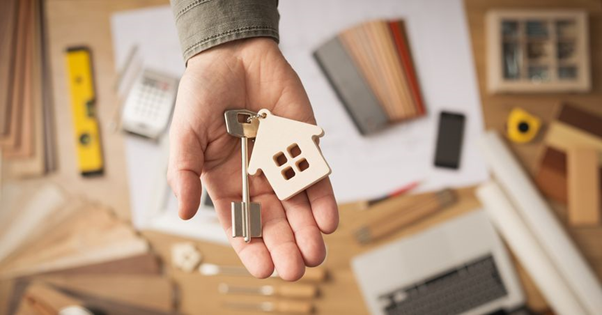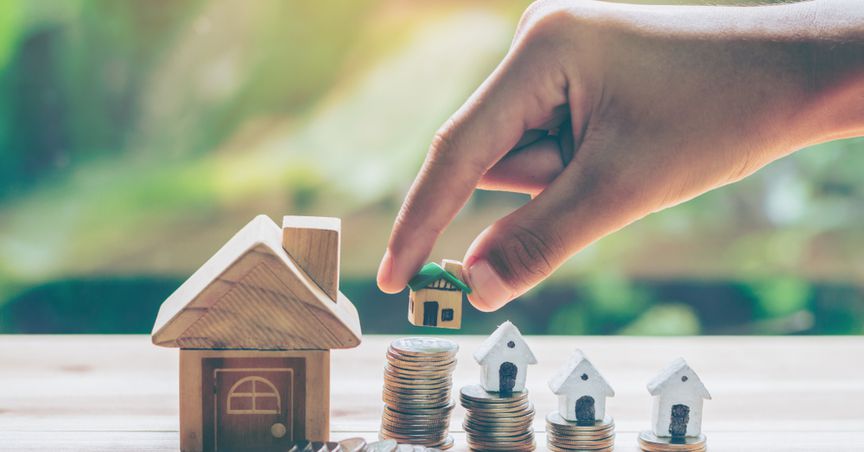Summary
- House prices continued to soar at a record rate for the last month of 2020.
- Low interest rates, tight supply, and attractive capital gains are keeping house prices high.
- Greater pressure on the government in coming months due to the unaffordability of households amid high demand.
- House prices are projected to rise between 13-16% by various economists.
NZ property market has been on a wild trajectory, witnessing persistent increase in the housing prices.
Property market leader CoreLogic’s house price index (HPI) increased by 2.6% in December, up by 11.1% from a year earlier, taking the growth in the last quarter of 2020 to 6.1% (rate not seen since 3 months ended February 2004). The average house price across NZ reached at $788,967.
Auckland witnessed 6% quarterly and 9.1% annual growth respectively, putting the region’s average at $1.142 million in the last month of 2020. Hamilton, Tauranga, and Dunedin also saw a double-digit annual growth, up by 11.7%, 14.8% and 13.1%, respectively.

Source: Shutterstock
Nick Goodall, Property market leader’s head of research, stated that the prices were being led by alluring capital gains, low interest rates and tight supply as Kiwis were finding property as a safe investment and appealing asset for accruing wealth.
He added that constant reminders from both the government and RBNZ to safeguard wealth had decreased the risk linked with investment in property, resulting in larger demand and greater values.
ALSO READ: Property values rise considerably in New Zealand, Wellington leads the way
The strong growth in the number of buyers can result in an absolute unaffordability later in 2021 as buyers might not be able to borrow enough to even participate in the market. This would pose even greater political pressure on the government to curtail demand, as per Goodall.
Housing prices to rise in 2021
The property market leader is expecting housing market to stay on upper side for at least H1 of 2021. This is likely due to tight property listings expected next year and low interest rates promoting borrowing and lowering incentive to hold cash in banks.

Source: Shutterstock
Kelvin Davidson, senior property economist at the property market leader, stated that investors who wanted to purchase property might face a 40% deposit requirement next year from the expected 30%, if RBNZ believed that increasing house prices presented substantial threat to financial stability.
Mortgage rates and supply of homes would stay low in 2021, resulting in higher values, as per Davidson.
DO READ: The Post-Covid Property Buying Rage in New Zealand
National house prices are projected to increase between 13-16% in coming months amid low interest rates and high demand.
(NOTE: Currency is reported in NZ Dollar unless stated otherwise)





